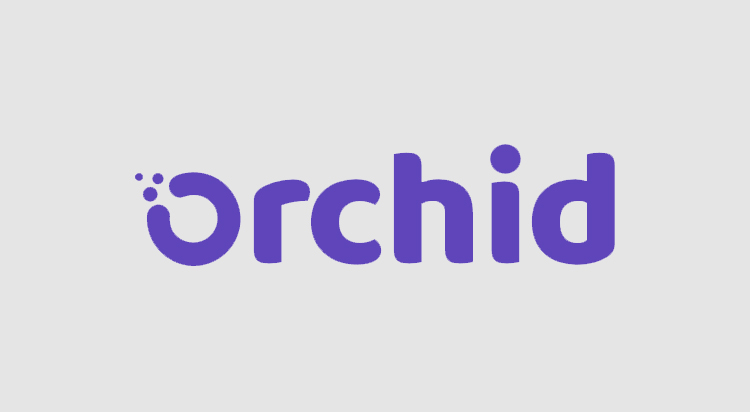Orchid, an incentivized and decentralized virtual privacy network (VPN), announced today that its app, network, and token (OXT) will launch during the first week of December.
In the Orchid app, users will be able to easily construct single or multi-hop VPN configurations. This means they can choose which remote server or servers their connection will run through before reaching the internet. Using multiple hops is a much more private alternative than relying on one VPN intermediary.
Using Orchid’s decentralized system allows users to distribute trust across multiple distinct VPN providers, thereby breaking apart the flow of their information so that no single entity can see the entire picture.
“The age of the open and free internet is experiencing a remarkable resurgence. Data privacy and censorship are at a crossroads right now; launching our marketplace and network will bring a more private, cost-effective way for people to access the full internet experience, free from prying eyes. The ability to use multiple providers with layered encryption in the VPN landscape is an important step toward empowering users to take control of their lives online.”
– Dr. Steven Waterhouse, CEO of Orchid
Incentivized Connection
Orchid aims to expand the concept of what a VPN and consumer digital privacy can be by creating an incentivized connection between anyone with bandwidth and anyone looking to use bandwidth.
Users pay network providers for bandwidth with ERC-20 based OXT token. Meanwhile, VPN and privacy providers stake the OXT token in time-locked deposits using the Ethereum blockchain in order to advertise their services, prove their identity and receive traffic in proportion to their stake deposit size.
Orchid’s launch follows a period of development that produced several open-source tech solutions, including a layer 2 scaling architecture for Ethereum that uses nanopayments based on the laws of probability that can support up to millions of people without upgrading Ethereum.
The OXT token provides value in the Orchid network in the following ways:
- Bandwidth Provider – anyone can operate an Orchid Node, but must first stake OXT, with the more OXT that is staked, the greater the chances of reward in the Network.
- Bandwidth User– users can pay-on-the-fly for a private, secure internet connection. To power up the client, a user installs the Orchid VPN, adds OXT to a wallet, and then can access the internet through a user-chosen path to ensure a secure connection anywhere in the world. Users only pay for the bandwidth they consume.
The bandwidth marketplace is peer-to-peer and runs in a completely decentralized manner without reliance on any central party. The primary reasons for a native token are:
- To have a token that is specifically tied to consumption of bandwidth on the Orchid network
- To align operator incentives towards the benefit of the Orchid network.
The Orchid network recently passed a smart contract audit with Consensys Diligence. Those interested can now download a pre-release of the Orchid app for iOS and Android.
